Plastic compounds vs standard plastics
Usually, products with sophisticated and complex structures with multi-functions have extremely tight technical requirements, and only one type of material is insufficient to meet them. Therefore, to ensure quality, businesses often have to buy many types of raw materials from different suppliers, then mix them all into a single material, and then put it on the production line. It is the traditional plastic raw material.
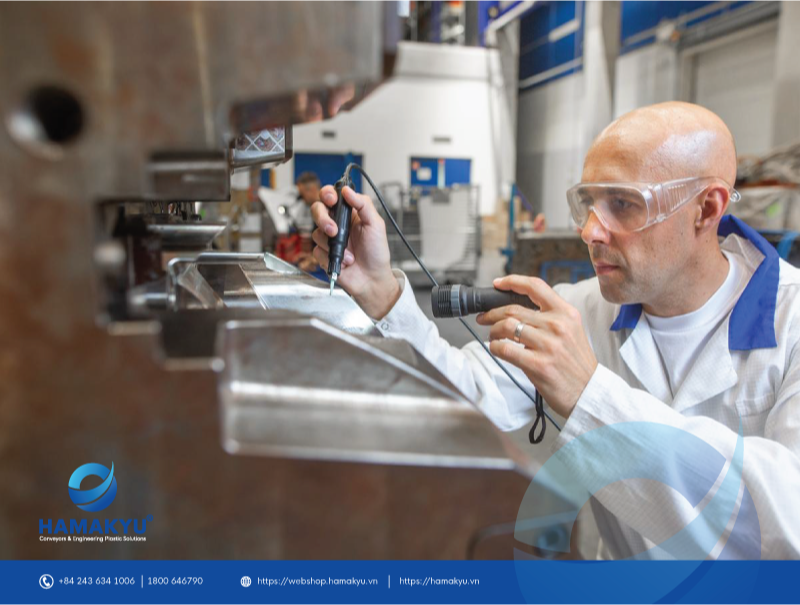
Using traditional plastic requires mixing many materials to get a finished input Contrary to traditional plastic Engineering plastic compounds is already a finished input material. Enterprises can use it directly to produce finished products without having to go through any other mixing stages. This is because this material is specially manufactured based on a thorough study of the characteristics and technical requirements of the finished product. From the main plastic substrates such as ABS, PC, PP,..., the supplier will add suitable reinforcing agents including glass fiber, mineral talc, salt BaSO4, and conductive carbon black, ... to bring input materials that are most compatible with the end product. Thereby significantly saving production time, increasing labor efficiency as well as improving the quality of finished products.
Thus, compared with traditional plastics, Engineering plastic compound have demonstrated outstanding advantages such as specialized design for each product, saving production time as well as increasing productivity and product quality.
Common engineering plastic compounds and applications
PP-based engineering plastic compound
As a mixture of PP resin base and various reinforcing agents such as glass fiber, glass beads, mineral talc, conductive carbon black,..., PP engineering plastic compound have many advantages:
- Increase hardness
- Reduce shrinkage and deformation caused by temperature
- Increased stability and homogeneity of the final product.
Therefore, this material is widely applied in many industries such as manufacturing the interior of cars, motorcycles, electrical engineering, and household appliances (toilet lid, rice cooker cover, water filter housing). ,...)
PP engineering plastic compounds are a mixture of PP resin base and various reinforcing agents such as glass fiber, glass beads, and talc...
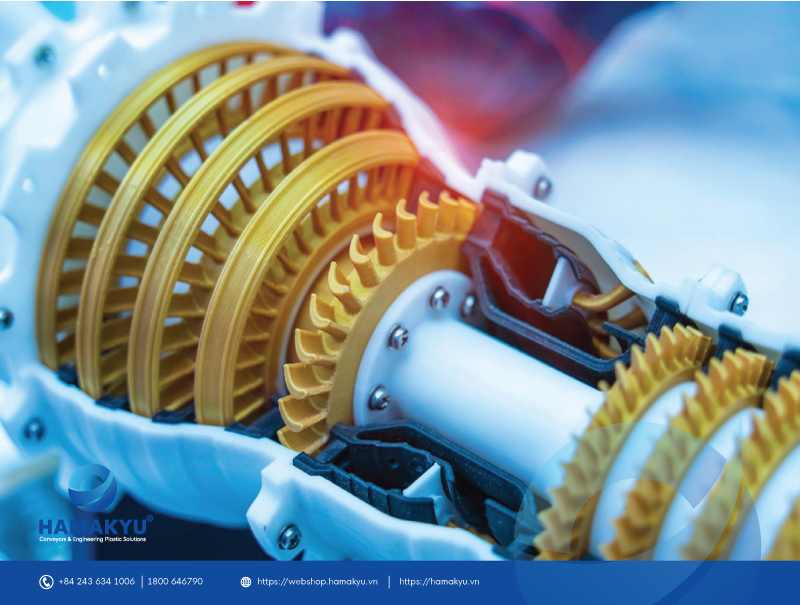
ABS-based engineering plastic compound
ABS (Acrylonitrile Butadiene Styrene) is a common plastic with high hardness, relatively good toughness, and heat resistance. Therefore, this plastic base is often applied in manufacturing lightweight products, hard, malleable like pipes, musical instruments, golf club heads, auto parts, gear housings, etc. ABS-based Engineering plastic compounds are ABS-based resins that have been supplemented with reinforcing agents such as beads/ glass fiber, conductive carbon black, flame retardant additives, ... This material is used in the production of industrial electrical equipment, electronic components,...
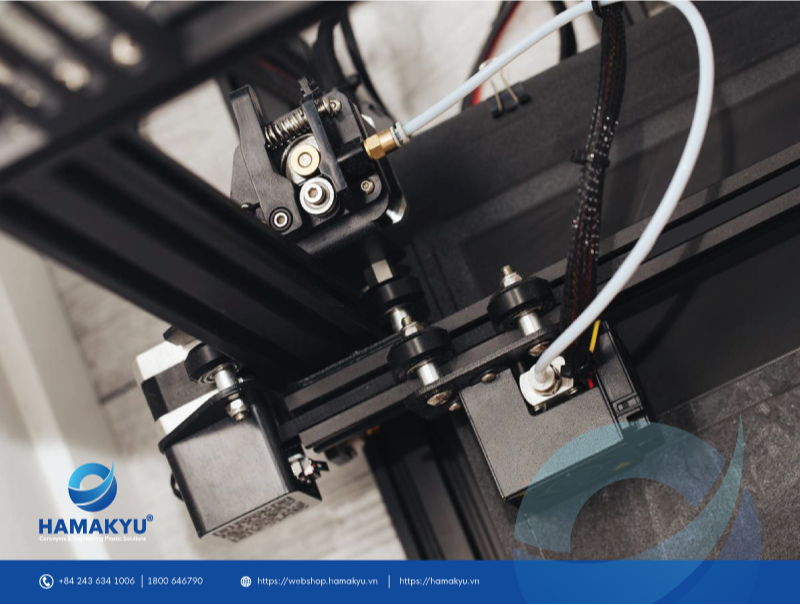
Plastic parts in electronic devices
PC-based engineering plastic compounds
Polycarbonate (PC) is a transparent, colorless amorphous thermoplastic. With stable hardness and high impact resistance, the PC resin base combined with glass fiber has created a PC Engineering plastic compound that increases surface hardness, impact resistance, and improved heat resistance of the finished product.
The material is especially suitable for applications such as computer components, office machine gears, household electrical components, and camera components.
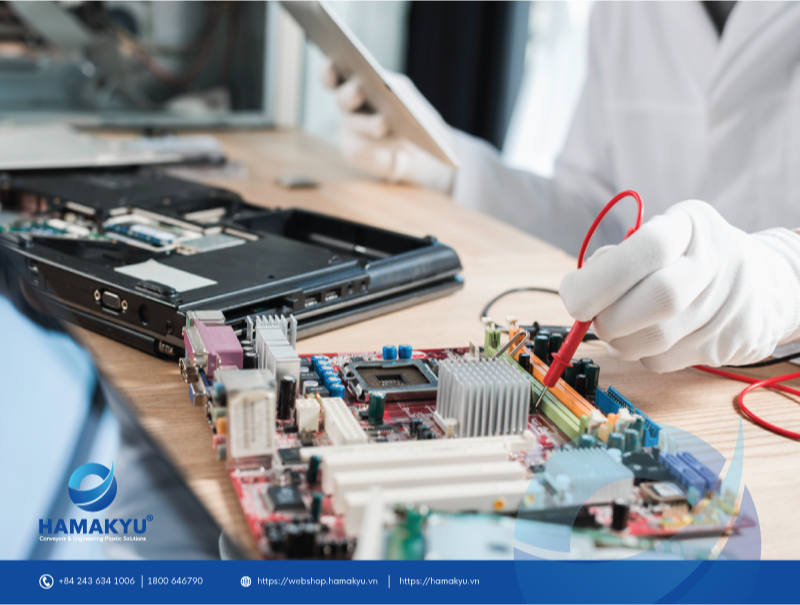
Plastic components in computers
PA-based engineering plastic compounds
PA is a resin with good rigidity, high mechanical strength as well as wear resistance, and self-lubricating properties. Along with reinforced components such as fiberglass, and glass beads, PA engineering plastic is a suitable choice when manufacturing components such as gears, bearings, rolls in office machines or carburetors, and fuel tank caps in the automotive and motorcycle industry.
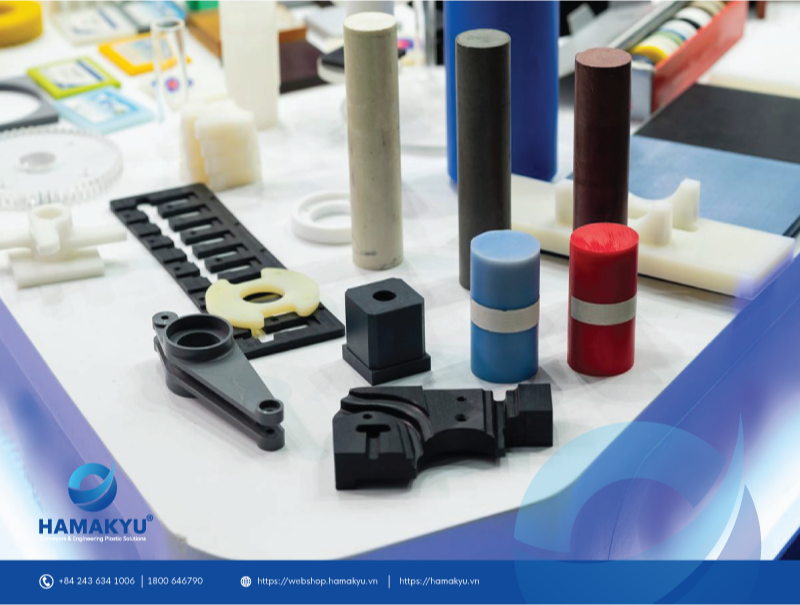
PA engineering plastic compound is a suitable choice when manufacturing components such as gears, bearings, and rolls in office machines
Which is suitable for businesses?
In fact, traditional plastic is still a priority of many businesses due to production practices. However, because almost all raw materials for the plastic industry are imported, buying from many suppliers has increased the risk of delay in production progress, and price fluctuations due to unstable input materials, thus reducing the competitiveness of the product. However, the advantage of this method is that the quality of the finished product has been verified over time, and the purchase support factors such as transportation, warranty, ... have all formed the system.
The Engineering plastic compounds is a solution to help businesses save time and improve the quality of finished products (because input materials are specially designed according to special formulas, ratios, and ingredients). However, the drawback of this material is the relatively high cost due to being ordered and designed separately. Besides, creating Engineering plastic materials with the highest degree of conformity with the final product requires a relatively long time of research, production, and testing before being put into mass production.
Therefore, depending on the type of product, business conditions as well as the market context, enterprises can choose appropriate input materials to optimize business efficiency.
For advice and detailed information about the product, please contact us!
You can find additional valuable information right here!





